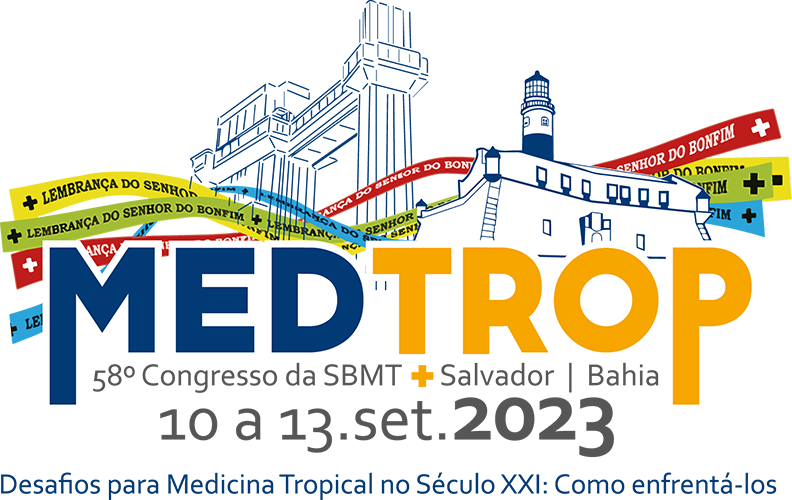Dados do Trabalho
Título
Bacillus sp. isolated from Triatoma sordida enhances Trypanosoma cruzi development
Introdução
Chagas disease is a zoonosis that affects about eight million people worldwide, recording approximately 10,000 deaths per year. There are currently more than 150 species of triatomines, vectors of Chagas disease. More than 2,700 cases of Acute Chagas disease were reported in Brazil from 2000 to 2020, according to the Ministry of Health. This number is directly related to the high number of domicile and peri domiciliary triatomine species still existing in Brazil. It is known that the Trypanosoma curzi parasite undergoes different transformations in the interior of the digestive tract of the insect, which helps it to remain in a hostile midgut environment, multiply and manage to infect other species. Recent studies have shown that the intestinal microbiota of insects can interfere with the transmission of pathogens to man. However, little is known about the tripartite interaction between the triatomines, microbiota, and Trypanosoma cruzi.
Objetivo (s)
The objectives of this study were to isolate bacteria from the field Triatoma sordida and test against T. cruzi activity.
Material e Métodos
To that different methodologies were applied, such as bacteria and T. cruzi cultivation and identification, in vitro and in vivo anti-parasitic assays, RT-qPCR, chromatography, and nuclear magnetic resonance.
Resultados e Conclusão
We were able to isolate seven bacteria from sylvatic T. sordida and test anti-T. cruzi activity. None of them have anti-T. cruzi activity. However, Bacillus sp. showed probiotic action, significantly increasing the epimastigote forms of T. cruzi Dm28c both in vitro and in vivo. After different treatments of bacterial supernatant and exclusion chromatography, we discovered that low-medium molecular weight proteins (< than 5KDa) were responsible for the probiotic effect in T. cruzi. Through metabolomics, with nuclear magnetic resonance with 1H, we infer that Bacillus sp. secretes fumarate and succinate in the medium, which are important metabolites for T. cruzi growth and reduces betaine, which exhibits anti-protozoal activity. Putting all these results together, we believe that Bacillus sp. may influence the vector susceptibility and the maintenance of T. cruzi parasites in nature.
Palavras-chave
Triatomine, microbiota, Trypanosoma cruzi, interaction
Agradecimentos
CNPq
Área
Eixo 04 | Entomologia / Controle de Vetores
Categoria
NÃO desejo concorrer ao Prêmio Jovem Pesquisador
Autores
Ana C Bahia, Tatiana El-Bacha, Felipe Dias, Norton Heise, Ednildo A Machado, Fernando A Monteiro

 Português
Português English
English